DOCTORAL DEGREE OF
APPLIED LINGUISTICS
The basis for compiling the curriculum for doctoral and master programs at Postgraduate of UNJ refers to the level of the Indonesian National Qualifications Framework (KKNI) level 8 for the master program and level 9 for the doctoral program according to the Academic Guidebook (BPA) of the UNJ Postgraduate Program. The curriculum component at Postgraduate of UNJ consists of general subjects, expertise courses, elective courses, matriculation courses and a thesis/dissertation. General courses are general knowledge that underlies the formation of scientific development abilities so that they are able to work out according to the basic knowledge that is mastered. General courses are aimed at establishing the ability to carry out, organize, and manage research programs according to the educational objectives of the study program. General courses are obtained by students in the first semester. General courses are given to lectures in all study programs. Expertise courses are groups of courses that aim to generate natural power with richness based on the knowledge and skills mastered. Expertise courses are obtained by students in the second semester. Elective courses are part of the study program groups and Basic Education Courses (MKDK).
This course was chosen by students according to the thesis and obtained in the third semester. Matriculation courses are groups of courses that must be taken by students with educational backgrounds that are not in the same field as the programs taken at Postgraduate of UNJ. Mathematics courses are obtained by a qualification before the first semester begins. Thesis for master program and dissertation for doctoral program. Thesis and dissertation are scientific works obtained from research results to solve problems and new discoveries in their fields. Students’ thesis and dissertation in the fourth semester. The basic difference between the master program and the UNJ doctoral program is in the implementation of the final research. When registering for a doctoral program, students must have a topic and a research plan that will be carried out for the final assignment or dissertation. The doctoral program starts final research assignments from the first semester.
Study Program Profile
Doctoral Program Linguistic Study Program Frequency The Linguistic Study Program was established on October 21, 1993 based on No. 590/Dikti/Kep/1993 The thought of establishing a Doctoral Program Linguistics Study Program among them (1) gives access to the public to be able to increase expertise in the field of education through increasing higher education levels namely the Doctoral Program of the Postgraduate Linguistic Study Program at the State University of Jakarta; (2) optimizing the capacity and resources in the Doctoral Program of the Linguistics Study Program at the State University of Jakarta in contributing to the improvement of human resources in Indonesia in the field of applied linguistics; (3) increasing the productivity of the Doctoral Program of Linguistics Study Program at the State University of Jakarta in contributing to the provision of therapeutic linguistic services in the community.
The BAN PT Accreditation Ranking of the basic education Study Program when it was first accredited in 2014 was B with Accreditation No. 453/SK/BAN-PT/Akred/D/XI/2014. November 15, 2014 During its development, the number of students admitted varies from 20 to 25 students or an average of 15 students. However, over time, the number is increasing.
The doctoral alumni of the Linguistics Study Program have competencies as researchers, developers, and educators (lecturers) related to the field of applied linguistics. As experts in the field of applied linguistics, they have the competence of knowledge and understanding that is broad and deep in the field of applied linguistics who have the qualifications as Lecturers, Developers / Consultants / Experts and Researchers on applied linguistic problems.
Teaching Staffs
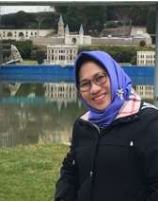
Dr. Ninuk Lustiyantie, M.Pd
Coordinator of Doctoral Degree of Applied Linguistics Study Program
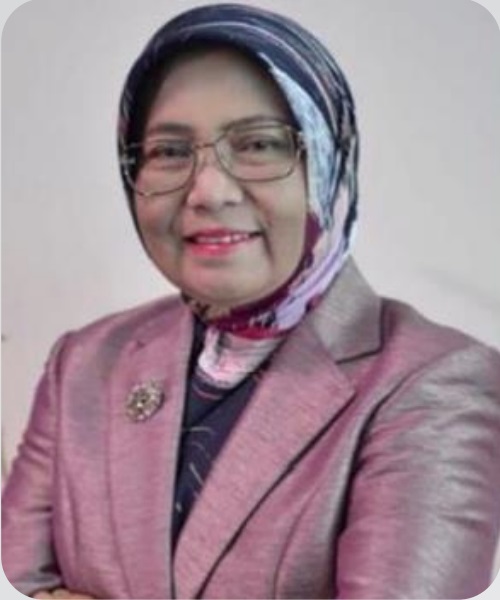
Prof. Dr. llza Mayuni, M.App.Ling.
Professor in language education
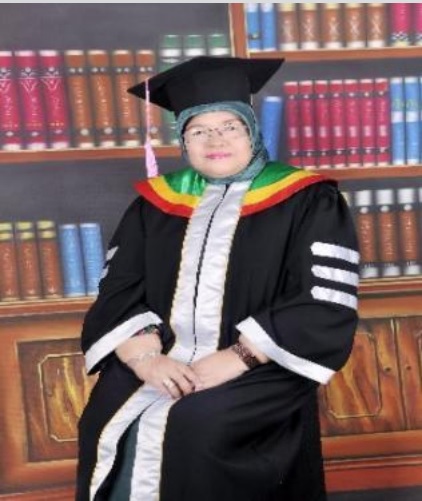
Prof. Dr. Yumna Rasyid, M.Pd.
Morphology and Arabic Syntax, Curriculum Development and Language Teaching Materials, Discourse Analysis.
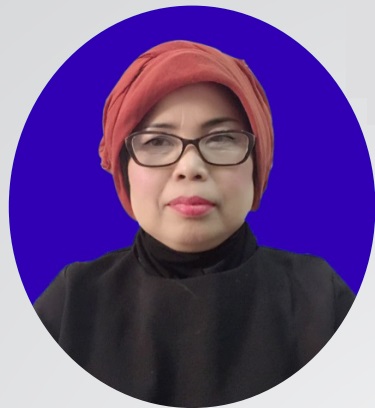
Prof. Dr. Endry Boeriswati, M.Pd.
Professor in language education
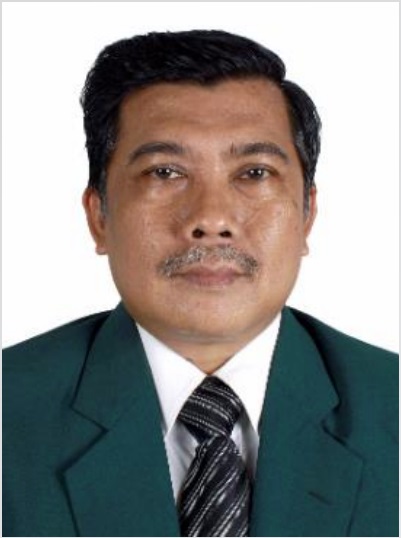
Prof. Dr. Aceng Rahmat, M.Pd.
Professor in language education
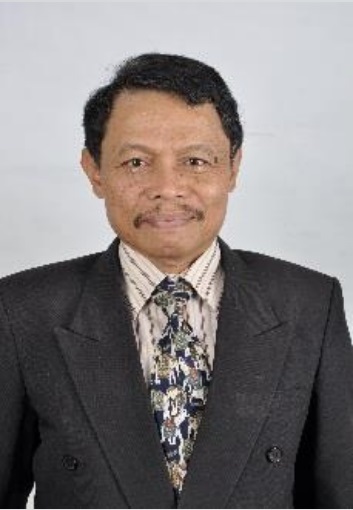
Prof. Dr. Zainal Rafli, M.Pd.
Methodology of Language Learning, Evaluation of Language Learning, Psycholinguistics / Sociolinguistics
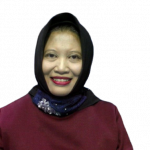
Prof. Dr. Novi Anoegrajekti, M.Hum.
Professor in language education and literature
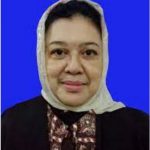
Dr. Fathiaty Murtadho, M.Pd
Indonesian language and literature education
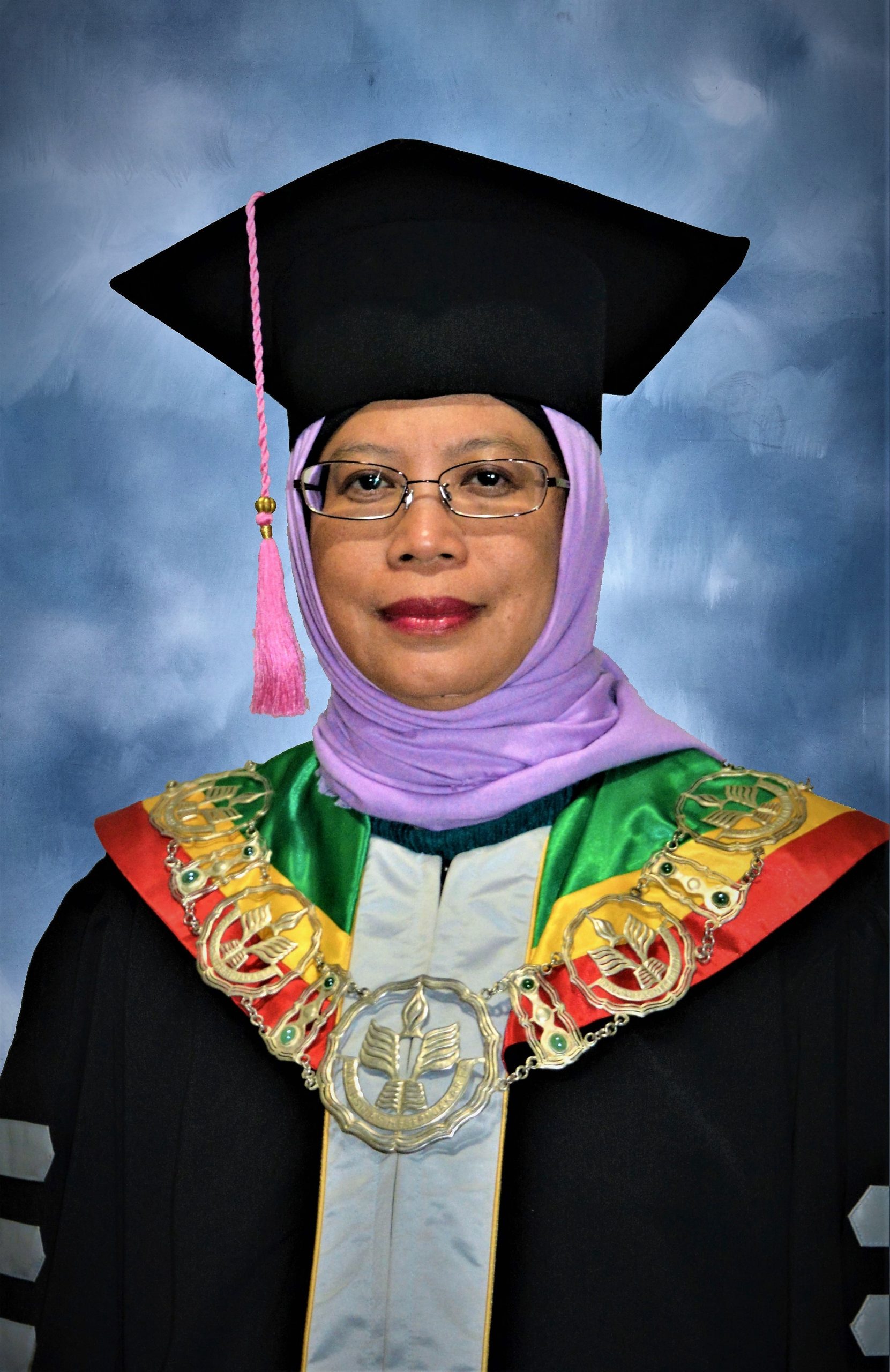
Dr. Liliana Muliastuti, M.Pd
BIPA Teaching, General Linguistics, Error Analysis Psycholinguistics, Semantics, Curriculum and Teaching Material Development
Objectives

In line with the objectives of organizing higher education at the State University of Jakarta and Postgraduate, the Linguistics Study Program sets goals for developing human resources who have the following competencies:
- Has the ability to develop new concepts in the field of science or profession through research in the field of applied linguistics;
- Has the ability to carry out, organize, and conduct research in the field of applied linguistics; and
- Have the ability to take an interdisciplinary, interdisciplinary and multidisciplinary approach in order to apply their expertise in a professional manner, especially in the field of applied linguistics
Curriculum & Courses
The components of the doctoral program curriculum include the following,
- General courses are general knowledge that underlies the formation of scientific development skills so that they are able to work in accordance with the basic knowledge that is mastered. General courses are directed at building the ability to carry out, organize, and manage research programs in accordance with the educational objectives of the master program. General courses must be mastered by every participant in the master
program of the entire study program. - Expertise courses are groups of courses that aim to generate natural power with richness based on the knowledge and skills mastered.
- Elective courses are part of the study program group and basic education subjects. This course is chosen by students in accordance with the field of thesis study.
- Matriculation courses are groups of subjects that must be taken by
students who come from non-education programs and educational programs that are not in a field. This subject provides a basis for educational knowledge that must be mastered as a reference for mastery of educational theories. - Dissertation is the result of scientific work based on the results of research
that meets the criteria of scientific research and disciplines of the study
Program Learning Outcomes
PLO General Subject, Colloquium, Dissertation, 1) Able to develop new knowledge about the theory of pedagogy, literacy, the benefits of technology and or new doctoral program expertise, to produce solutions for improving the quality of life of the community, nation and state through interdisciplinary or multidisciplinary and transdisciplinary approaches; 2) Able to develop the science of doctoral or professional practice programs through research so as to produce creative, original, and tested work. 3) Able to solve science, technology and / or related problems in the field of doctoral programs based on the theory of pedagogy, literacy, information technology through scientific methods with interdisciplinary or multidisciplinary and transdisciplinary approaches that internalize academic values, norms, and ethics; 4) Able to manage, lead and develop research and development that is useful for doctoral science and human welfare knowledge, and can get national and international recognition.
PLO Expertise and elective Courses, 1) Able to develop new knowledge about the theory of pedagogy, literacy, the benefits of technology and or new doctoral programs, to produce solutions for improving the lives of the community, nation and state through interdisciplinary or multidisciplinary and transdisciplinary approaches; 2) Able to develop the science of doctoral or professional practice programs through research so as to produce creative, original, and tested work. 3) Able to solve science, technology and or related problems in the field of doctoral programs based on the theory of pedagogy, literacy, information technology through the scientific method with an interdisciplinary or multidisciplinary and transdisciplinary approach that internalizes academic values, norms, and ethics; 4) Developing new theories in innovative learning by applying pedagogical concepts and principles by utilizing science and technology oriented to life skills (life skills) and contributing to the improvement of community life; 5) Obtain national and international recognition in the profession continuously by conducting research as a reflective and evaluative action.
- Program Learning Outcomes Doctor of Applied Linguistics Study Program, 1) Able to discover or develop scientific concepts/theories, contribute to the development and practice of language education by paying attention to and applying humanities values by producing scientific research based on scientific methodology, logical, critical, systematic, and creative thinking; 2) Able to compile language education science research (applied linguistics) with an interdisciplinary, multidisciplinary, or transdisciplinary approach, including theoretical studies and / or written in the form of a dissertation, and scientific articles published in reputable international journals; 3) Able to choose approaches and research methods that are appropriate, current, advanced, and provide benefits to mankind through an interdisciplinary, multidisciplinary, or transdisciplinary approach in order to develop and/or produce problem solving in the field of language education based on the results of studies on the availability of sources internal and external power; 4) Able to develop a research roadmap with an interdisciplinary, multidisciplinary, or transdisciplinary approach, based on language education studies, research, and its constellation on a broader target; 5) Able to compile arguments and solutions to language education problems based on a critical view, on facts, concepts, principles, or theories that can be scientifically accountable and academic ethics, and communicate them through the mass media or directly to the public; 6) Able to demonstrate academic leadership in the management, development and guidance of resources and organizations under their responsibility; 7) Able to manage, store, audit, secure, and retrieve data and information on the results of language education research under his / her responsibility; and 8) Able to develop and maintain collegial and peer-to-peer relationships within one’s own environment or through collaborative networks with research communities outside the institution.
Graduate Profile
Researcher in applied linguistics
Able to manage applied research to generate new knowledge in the field of Linguistics. Occupation at various perspectives with a major focus on language that has relevance to various professional interests through an interdisciplinary or multidisciplinary approach, as well as transdisciplinary at the national and international levels.
- Researcher
Able to develop models from the results of linguistic research on various perspectives with a major focus on language that has relevance to various professional interests through interdisciplinary or multidisciplinary approaches, as well as accurate and tested transdisciplinary and recognition at the national and international levels.
